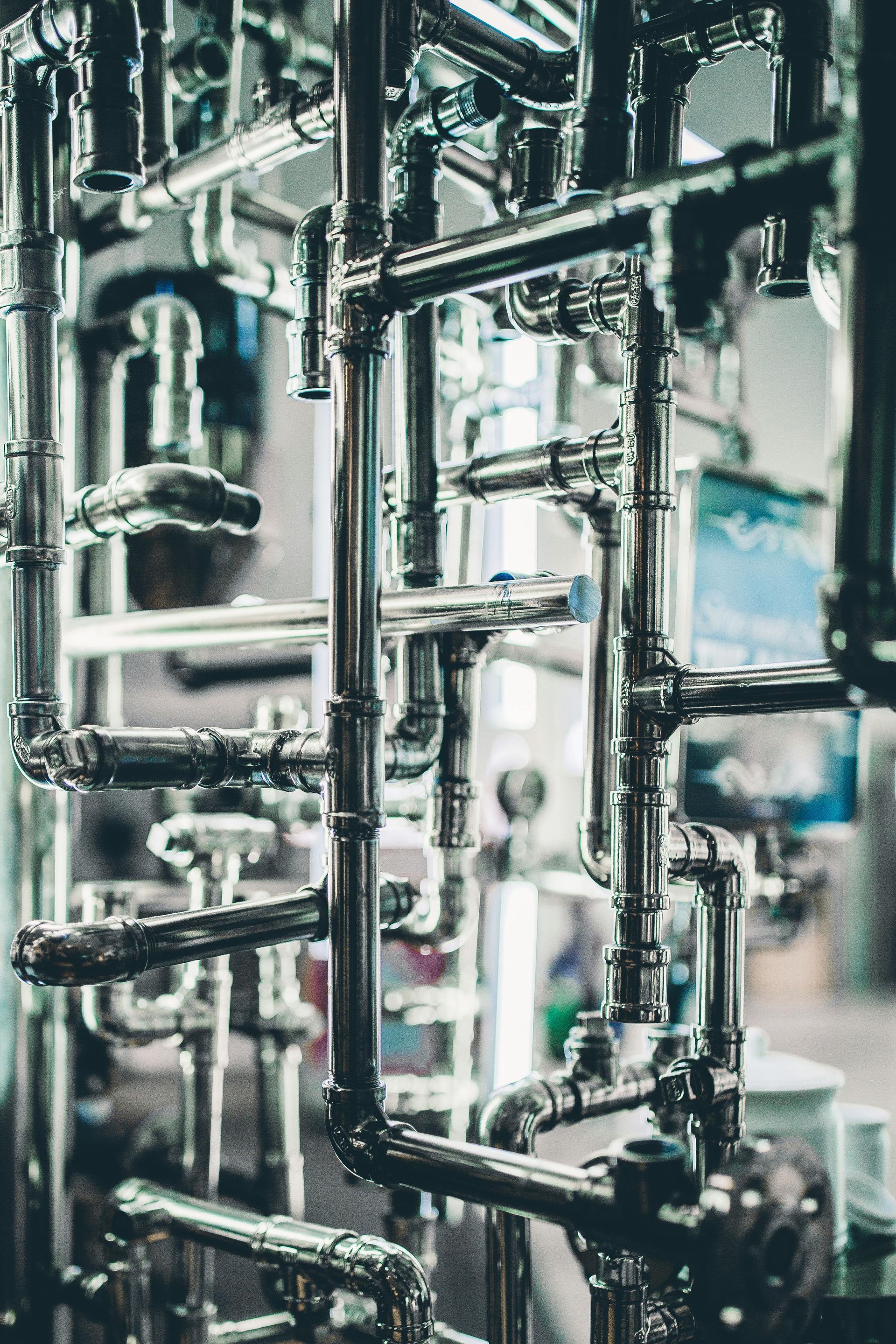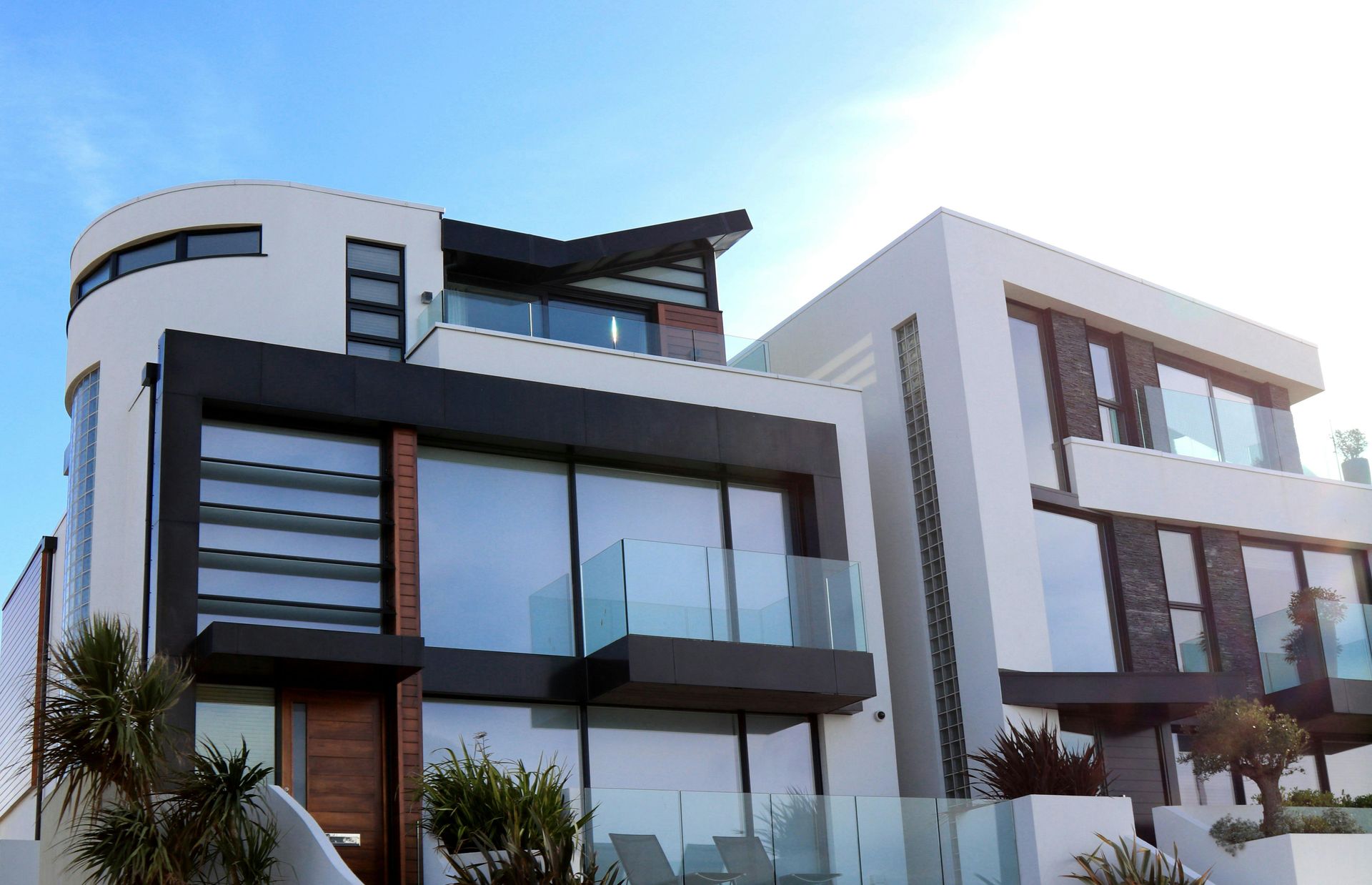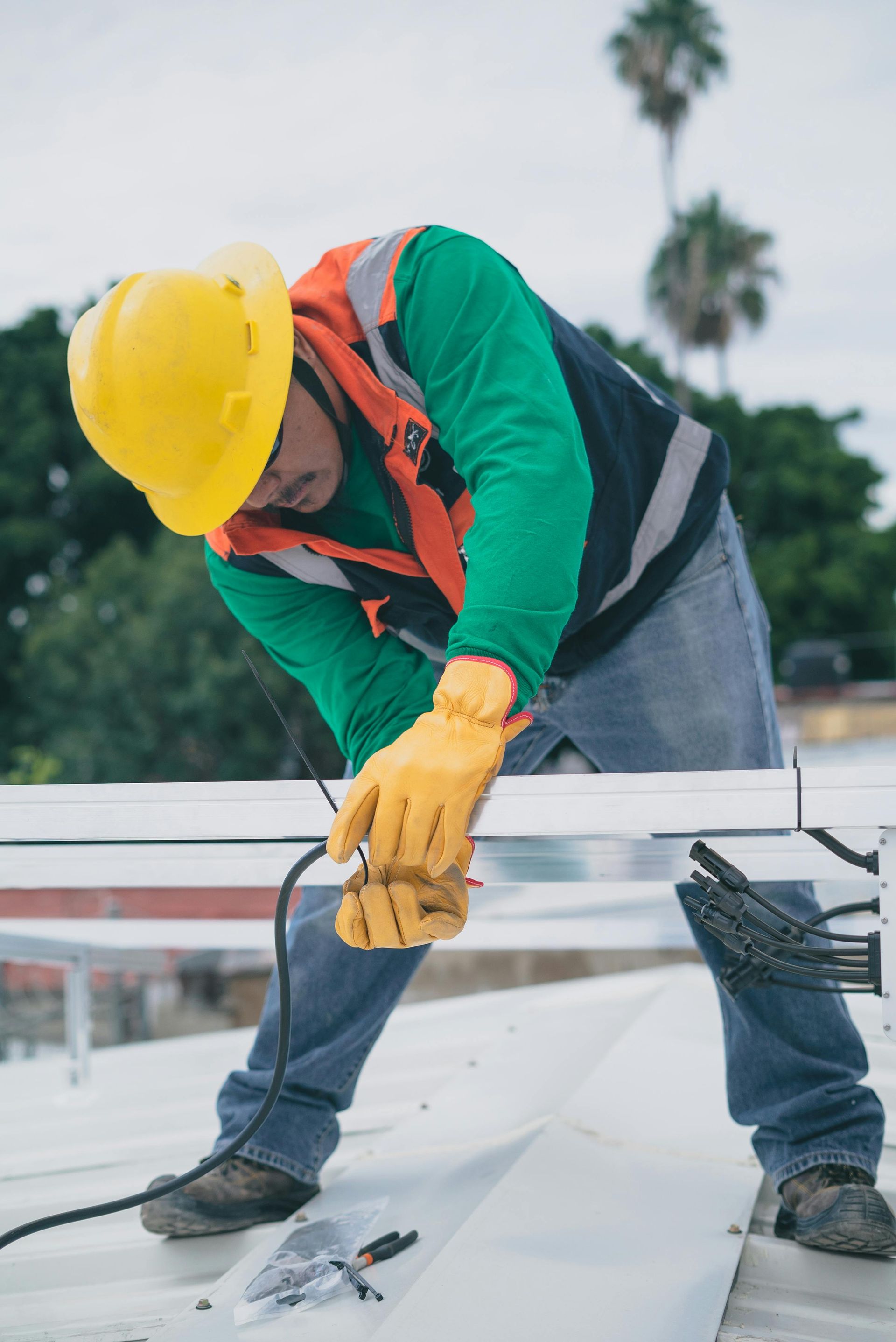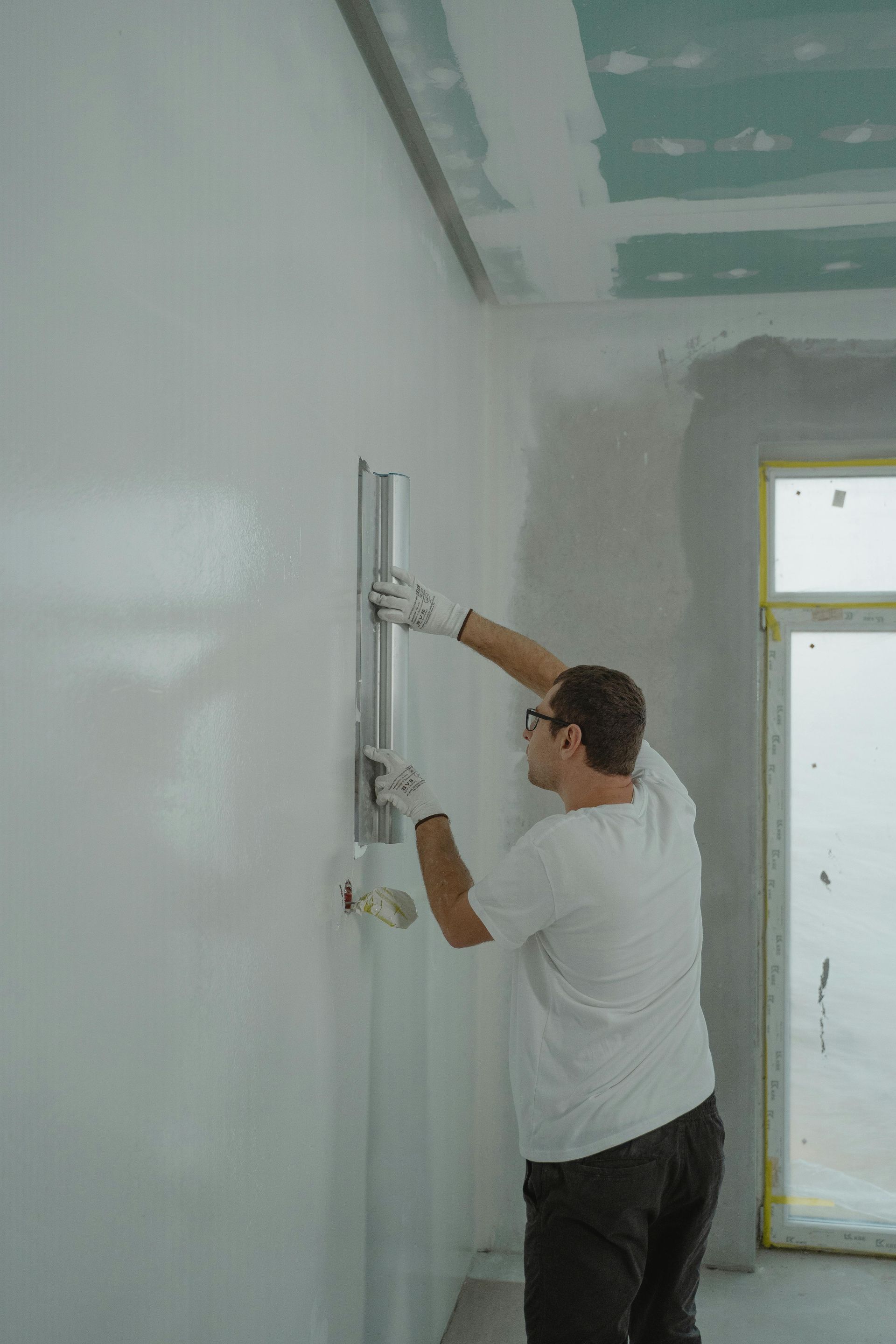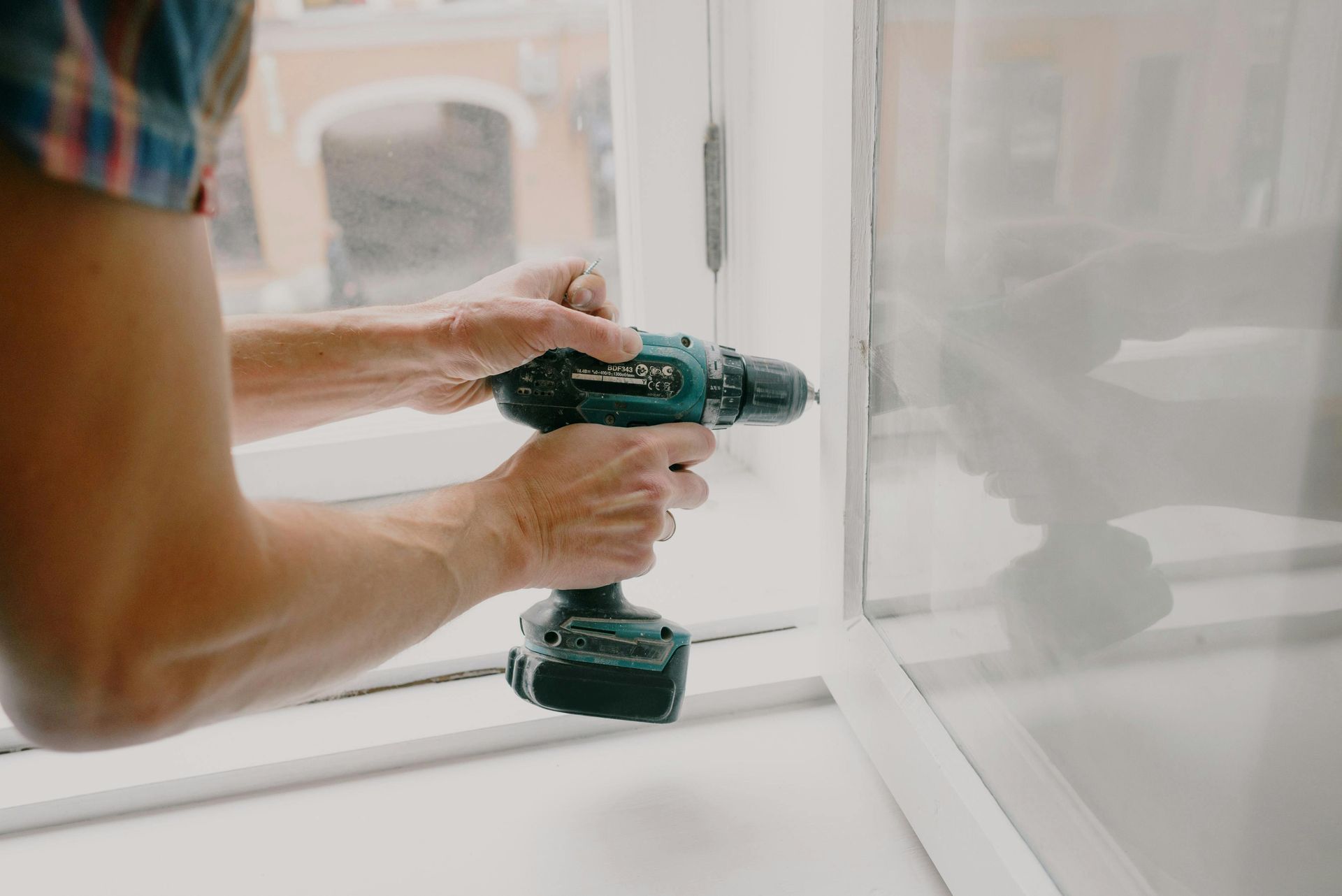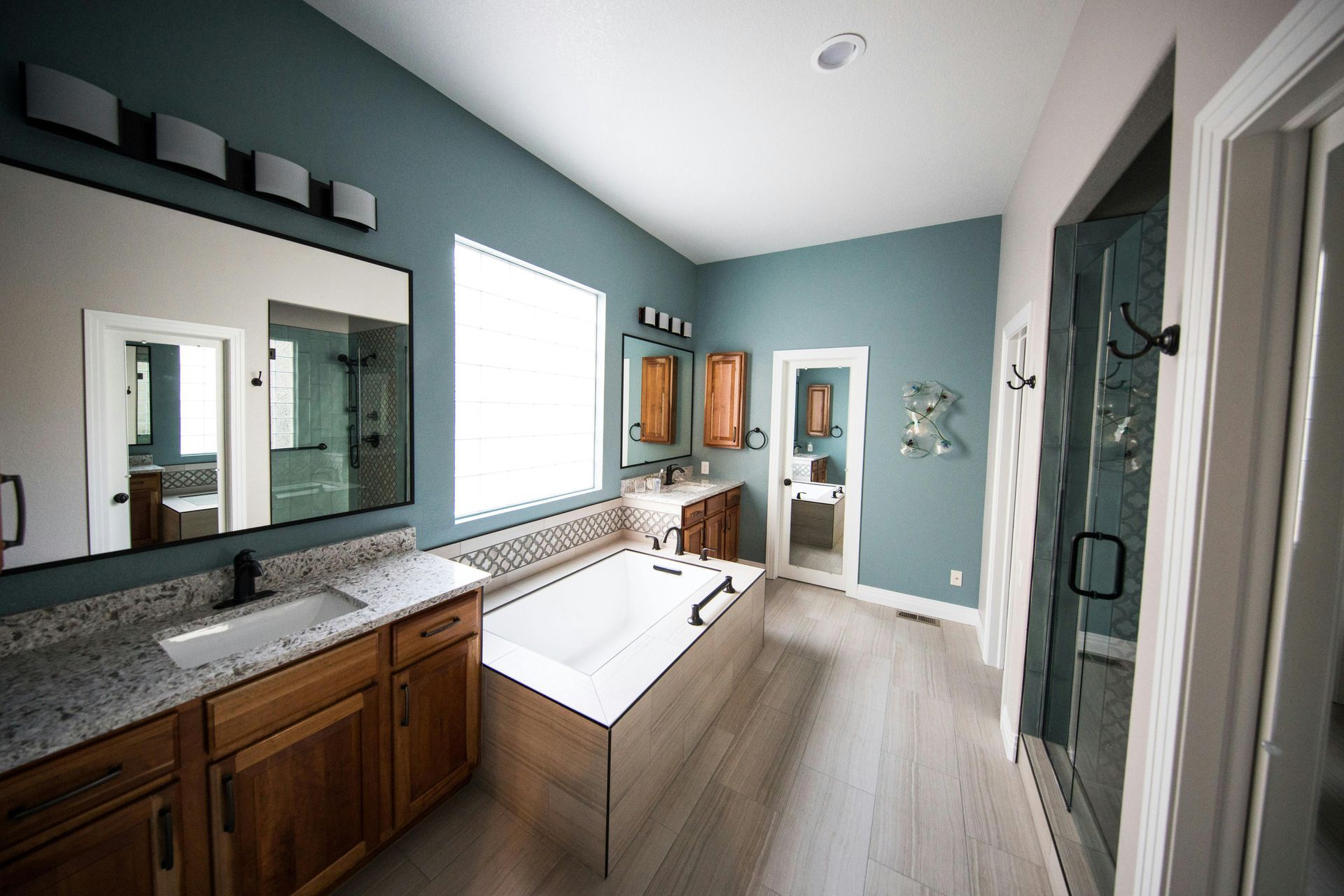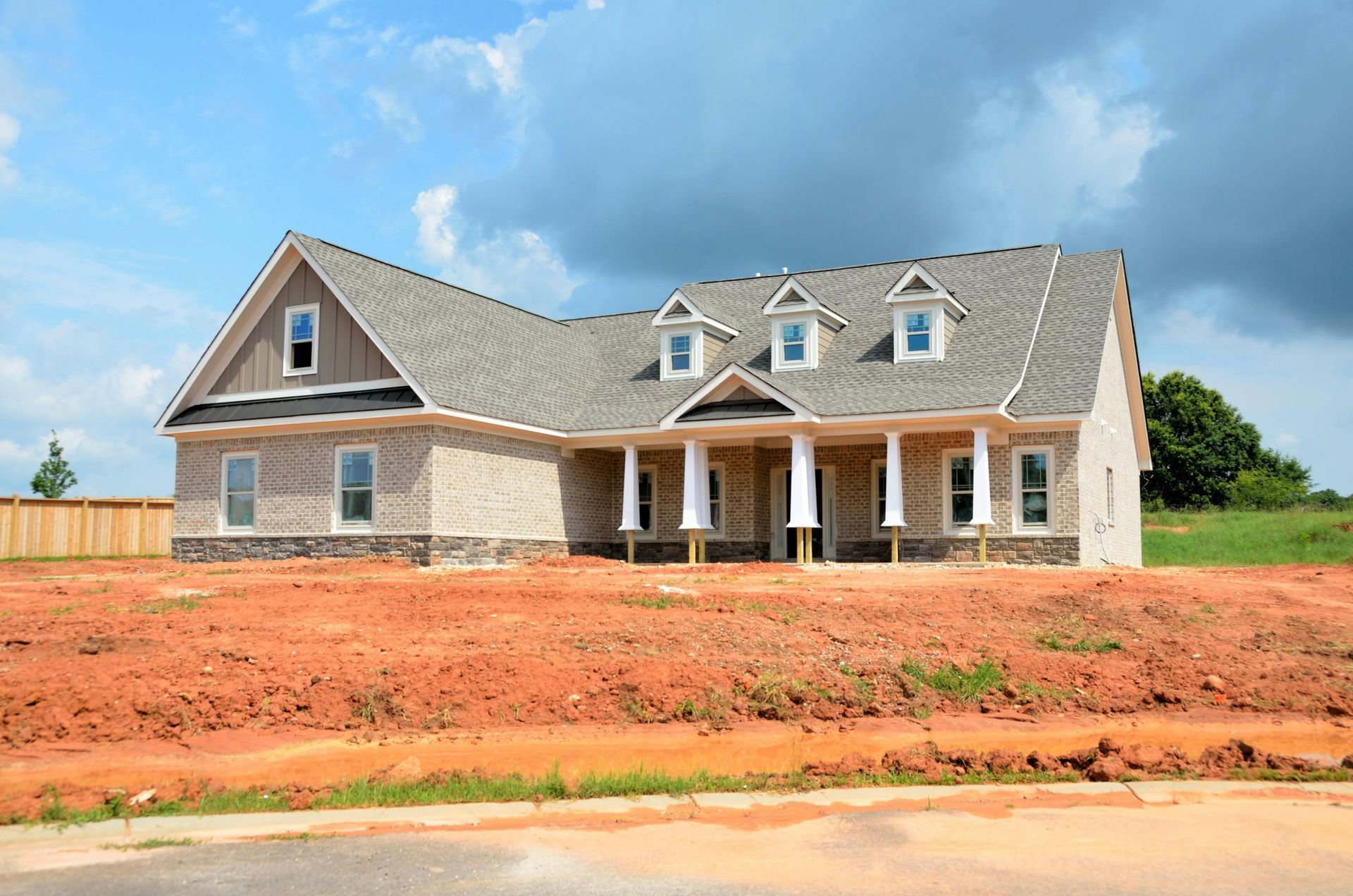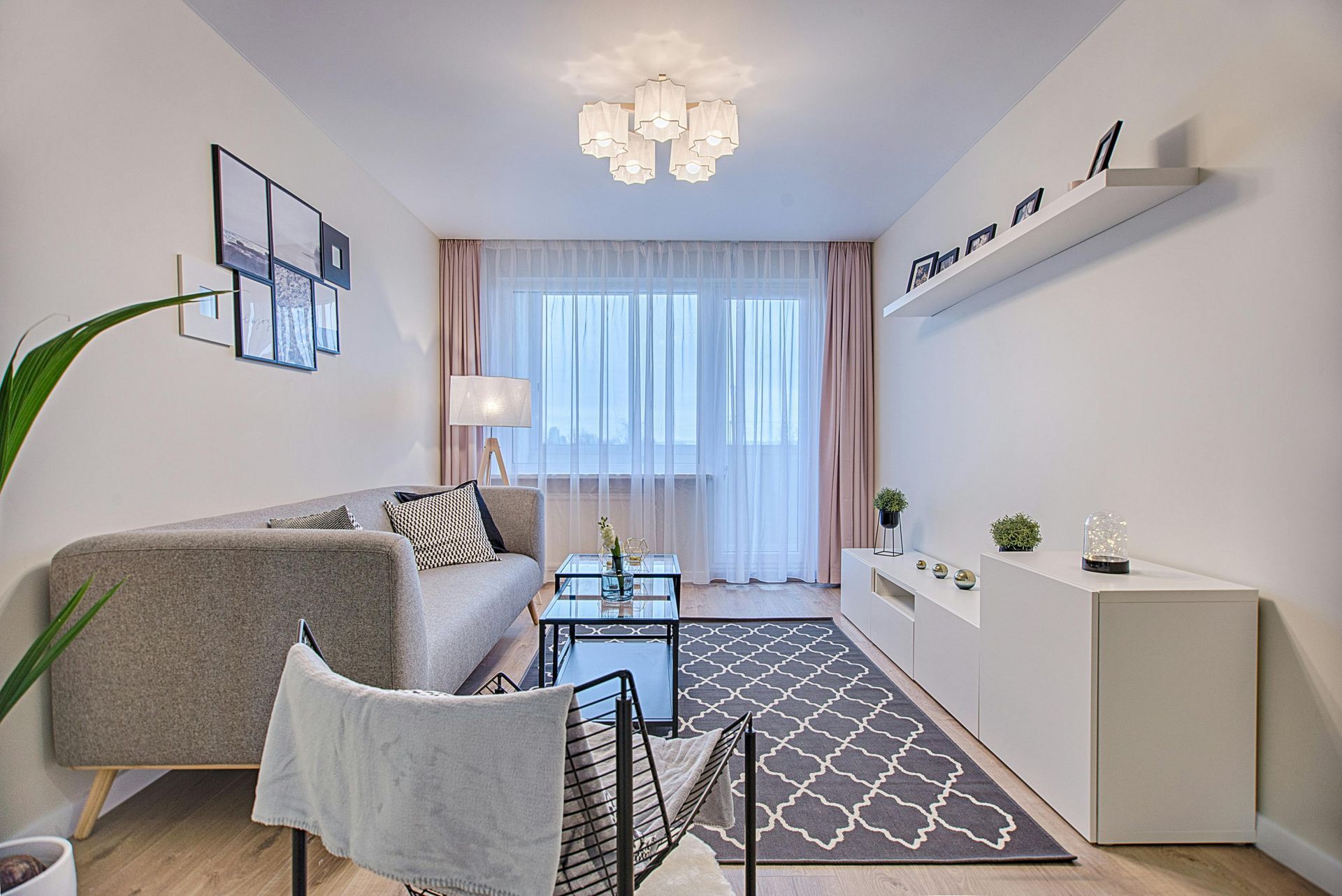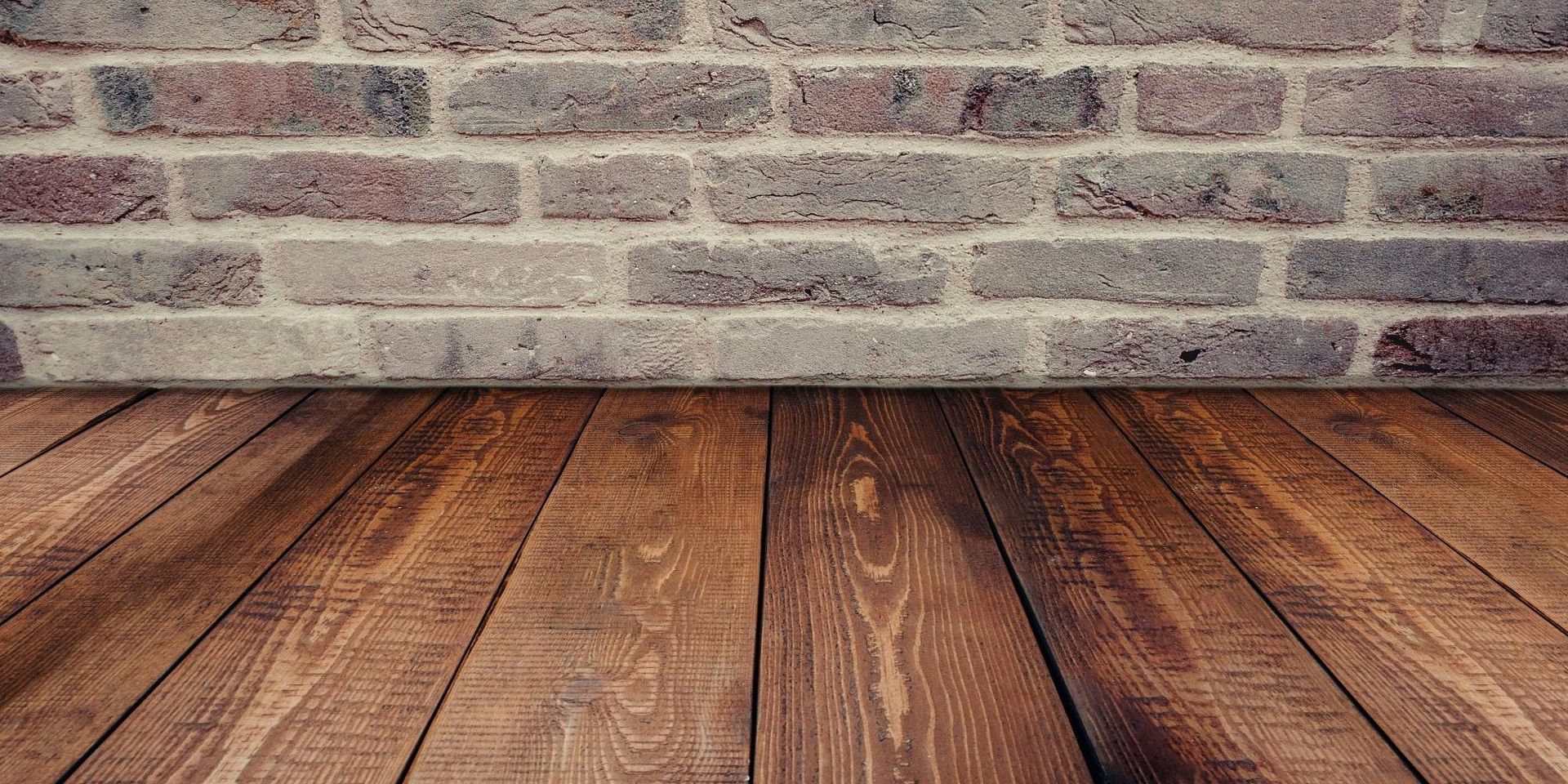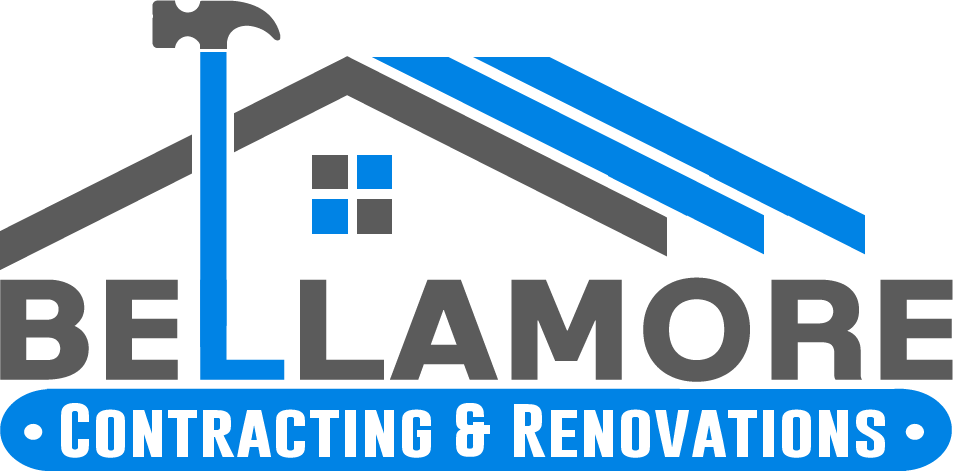Licensed (#RBC-21-01654) & Insured
Local References Available Upon Request
Licensed (#RBC-21-01654) & Insured | Local References Available Upon Request
Building a Functional and Stylish Guest House or In-Law Suite
A well-designed guest house or in-law suite adds both versatility and value to a property. Whether intended for multi-generational living, short-term rental income, or hosting visitors, these thoughtfully designed spaces offer privacy, comfort, and independence while seamlessly blending with the existing home. Homeowners are increasingly turning to guest houses as a practical solution to accommodate evolving lifestyle needs while maximizing their property’s usability and market appeal.
Benefits of Adding a Guest House or In-Law Suite
The demand for guest houses and in-law suites continues to grow as families look for creative ways to make the most of their living spaces. Multi-generational households benefit from having a separate yet connected living area that allows aging parents or extended family members to maintain their independence while staying close to loved ones. With the right design, these spaces provide the perfect balance of privacy and accessibility.
Guest houses also enhance hospitality by offering visitors a dedicated space to stay without disrupting the main household. Friends and family can enjoy a comfortable retreat while still feeling connected to the primary residence. Providing a well-appointed guest house ensures that visitors have everything they need for an enjoyable and relaxing experience.
For homeowners looking for additional income, a guest house presents an excellent opportunity for short-term rentals through platforms like Airbnb or as a long-term rental for tenants. Rental properties continue to be a popular investment, and a well-designed in-law suite or detached unit can generate passive income while increasing property value. In markets where affordable housing is limited, homeowners can benefit from providing a rental space that meets the needs of prospective tenants.
Beyond living arrangements, guest houses can serve as flexible spaces that accommodate remote work, fitness routines, or creative hobbies. With more people working from home, a detached guest house can function as a quiet and productive office space, separate from the distractions of the main house. Similarly, fitness enthusiasts can transform a guest house into a personal gym, while artists and musicians can use it as a creative studio.
Key Features of a Well-Designed Guest House or In-Law Suite
The success of a guest house lies in its thoughtful design. A private entrance ensures that occupants can come and go without disturbing those in the main house, making the space feel more independent. Accessibility is also a key consideration, particularly for in-law suites designed for aging family members who may require wheelchair-friendly pathways, wider doorways, and step-free entrances.
Even in a compact space, functionality should never be compromised. A well-designed layout maximizes square footage, ensuring that every area serves a practical purpose. Clever storage solutions, such as built-in shelving and multi-purpose furniture, help keep the space organized and efficient.
A functional kitchen or kitchenette adds convenience and self-sufficiency to the guest house. While some homeowners opt for a full kitchen with ample counter space, appliances, and cabinetry, others may prefer a more compact setup with a mini-fridge, microwave, and coffee station. The decision depends on how the space will be used and whether long-term guests or tenants will require full meal preparation capabilities.
Bathrooms in guest houses should be stylish yet efficient, incorporating space-saving designs without sacrificing comfort. Walk-in showers, modern vanities, and energy-efficient fixtures create a sleek and inviting space. If the guest house is intended for long-term stays, a washer and dryer may also be a valuable addition.
Living and sleeping areas should feel open and inviting. Natural light, neutral color schemes, and thoughtful décor help create a welcoming environment. A flexible layout with convertible furniture, such as a Murphy bed or sofa bed, can maximize functionality in smaller spaces while maintaining a polished aesthetic.
Energy efficiency and sustainability play an important role in modern guest house designs. High-efficiency insulation, energy-saving appliances, and smart home technology contribute to lower utility costs and an environmentally friendly footprint. Solar panels, LED lighting, and programmable thermostats can further enhance the efficiency of the space, reducing long-term operational expenses.
Design Considerations for Attached vs. Standalone Units
Guest houses and in-law suites can be designed as either attached extensions to the main house or standalone structures. Each option has its advantages, depending on space availability, budget, and intended use.
An attached suite integrates seamlessly with the existing home while maintaining a level of privacy. This type of design is ideal for homes with limited yard space and can be built as an extension or converted from an unused garage or basement. Attached units offer the convenience of easy access to the main home while providing enough separation to ensure comfort.
Standalone guest houses provide complete independence for occupants, making them ideal for rental opportunities or long-term stays. A detached unit allows for greater design flexibility and can be customized to match the main house while creating a distinct and self-sufficient living space. Property owners should consider zoning laws and building permits when constructing a separate structure, as regulations vary by location.
Blending architectural elements ensures that the guest house complements the main property’s design. Matching exterior finishes, roofing, and landscaping helps maintain a cohesive aesthetic, enhancing curb appeal and property value.
Maximizing Comfort and Style
Interior design plays a crucial role in making a guest house feel like home. Thoughtfully chosen materials, colors, and furnishings contribute to a warm and inviting atmosphere. Light, neutral tones create a sense of spaciousness, while layered lighting with ambient, task, and accent options enhances functionality and mood.
Smart storage solutions keep the space clutter-free. Built-in cabinets, under-bed storage, and multifunctional furniture provide ample room for belongings without compromising space. Floating shelves and compact kitchen islands help make the most of every square foot.
Lighting and ventilation are essential for creating a comfortable environment. Large windows, skylights, and sliding glass doors bring in natural light and improve airflow, reducing the need for artificial lighting and air conditioning. Ceiling fans, air purifiers, and energy-efficient HVAC systems further enhance comfort levels.
Outdoor spaces add an extra layer of functionality and enjoyment. A private patio, small garden, or deck extends the living area, providing a relaxing retreat. Adding seating, outdoor lighting, and greenery creates a welcoming environment that encourages outdoor living.
Costs and Return on Investment
Budget planning is essential when building or renovating a guest house. Costs vary based on size, materials, and additional features, but a well-planned investment can yield significant financial benefits. Higher-end finishes and smart home integrations may increase upfront expenses but enhance long-term property value and rental potential.
A guest house can increase a home’s marketability, attracting buyers looking for flexible living spaces. Homes with secondary living units tend to sell at higher prices, making the investment worthwhile. For homeowners looking to generate passive income, a well-designed guest house can provide a steady rental stream, offsetting initial construction costs over time.
Prefabricated guest houses offer a cost-effective alternative to fully custom-built designs. Modular units are available in various styles and can be quickly installed, reducing labor costs and construction time. While prefabricated options may have design limitations, they provide an efficient and budget-friendly solution for those looking to add an extra living space.
Maintenance and Future-Proofing
Routine upkeep ensures that a guest house remains in top condition for years to come. Regular inspections of plumbing, electrical systems, and roofing prevent costly repairs and maintain efficiency. Properly sealing windows and doors, cleaning HVAC filters, and maintaining landscaping contribute to long-term durability.
Designing for adaptability allows the space to evolve with changing needs. A guest house initially built for short-term guests may later be used as an in-law suite or rental property. Flexible layouts and universal design elements, such as wider doorways and accessible bathrooms, ensure that the space remains functional for a variety of occupants.
Technology integration enhances the convenience of a guest house. Smart locks, security cameras, and energy management systems provide security and efficiency, allowing homeowners to monitor and manage the space remotely.
Creating a Guest House That Stands Out
A custom-designed guest house or in-law suite offers unmatched versatility, increasing both the functional and financial value of a property. By prioritizing comfort, efficiency, and style, homeowners can create a space that meets their needs while enhancing overall livability. Whether for family, guests, or rental opportunities, a well-planned guest house is a valuable addition that provides long-term benefits and endless possibilities.
